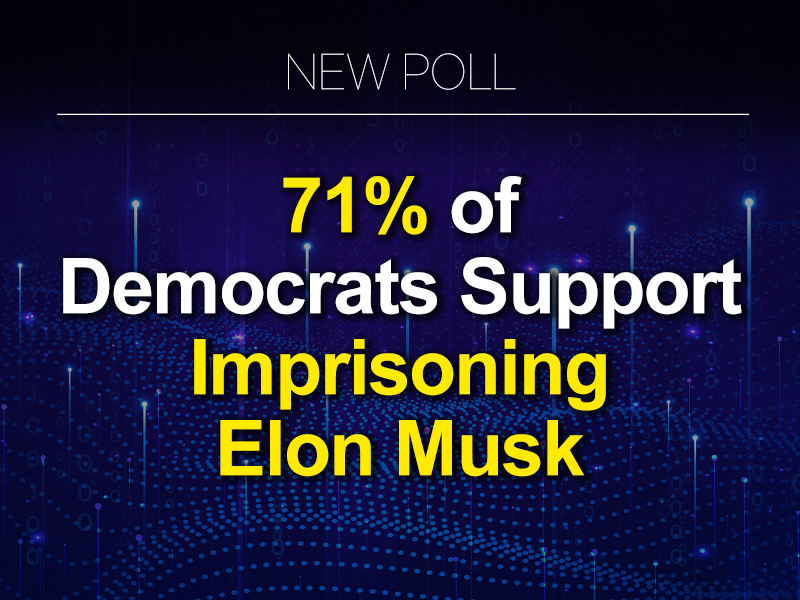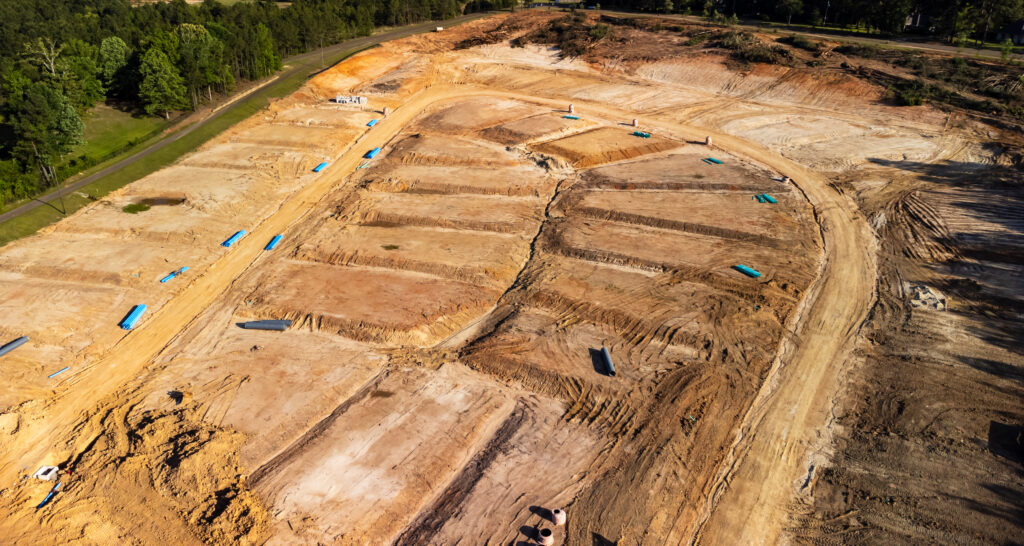Taxpayers in Cleveland, Ohio will be paying for renovations to Quicken Loans Arena—the home of the Cleveland Cavaliers, a National Basketball Association team—thanks to city lawmakers’ approval in April of a financing deal between team owners and the local government.
Between 2024 and 2035, the city government will give $88 million in hospitality and entertainment tax revenues to the Cavaliers to fund arena renovations, in addition to $140 million in new public debt and more than $60 million in county government tax revenues.
Reverse Robin Hood?
Marc Poitras, an associate professor of economics at the University of Dayton, says sports stadium subsidies transfer wealth from taxpayers to wealthy sports team owners.
“The primary beneficiaries are team owners, who get a new arena without having to pay for it themselves,” Poitras said. “The new facility increases team revenue by allowing the team to sell more tickets at higher prices. Even if the facility did manage to bring in some money to the city, that extra economic activity typically comes at the expense of other local communities.”
Poitras says stadium subsidies are effectively the result of government-sanctioned extortion.
“In essence, [the threat of relocation] is a form of extortion,” Poitras said. “The pro-sports leagues are basically shaking down taxpayers all over the country by running [what amounts to] an extortion racket.”
Planning for the Future
Greg Lawson, a research fellow for The Buckeye Institute, says renovating the stadium doesn’t guarantee a financial payoff for taxpayers.
“You can have a great arena, but what happens after [Cavaliers player] LeBron [James] retires?” Lawson said. “How is the franchise going to keep its fans excited and willing to voluntarily part ways with their money? A nice arena won’t overcome a poor product on the court or the field. Taxpayers should not be treated as a negotiating chip every time an owner seeks leverage with city officials.”
Investing in Team Pride
Lawson says team owners should finance renovations by convincing fans and private investors to invest in the team’s desired improvements.
“Fans are rightly devoted to their teams,” Lawson said. “Working with them on a voluntary basis can be the basis of a win-win scenario. Where there is a will, there should be a way. The real hard work should be to use the market and leverage private resources that are both large and small.”




